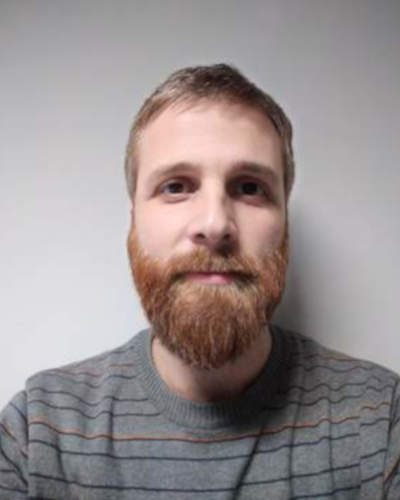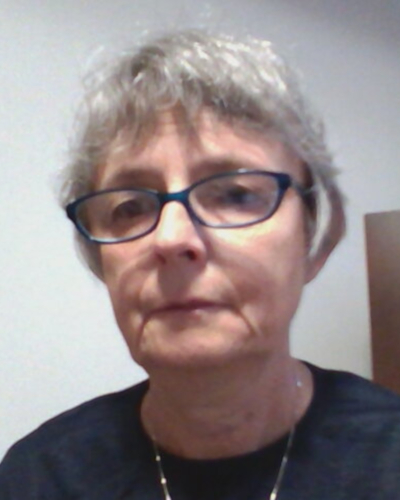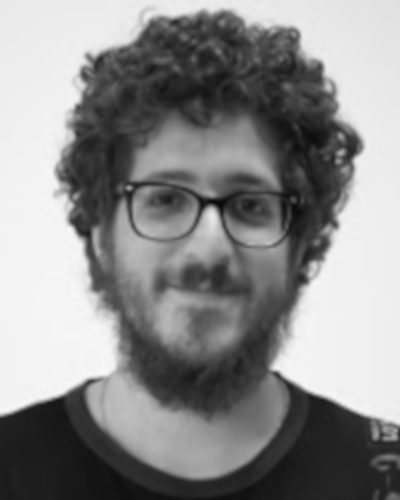SPECIAL SESSION #10
Sensing and Data Platforms: what is ahead of us
ORGANIZED BY
Manlio Bacco
Institute of Information Science and Technologies (ISTI), CNR, Italy
Cristina M. Pinotti
Department of Computer Science and Mathematics, University of Perugia, Italy
Federico Corò
University of Perugia, Italy
Lars Wolf
TU Braunschweig, Germany
Paolo Mazzetti
Institute of Atmospheric Pollution Research - National Research Council, Italy
Cristina Domingo-Marimon
CREAF, Spain
ABSTRACT
The role of sensing, including in-situ, proximity and remote, is increasingly crucial for agriculture and forestry. Huge investments have been made in this field - consider for instance satellite constellations for remote sensing, the thriving UAV sector, and the dawning sector of terrestrial rovers - and benefits are evident in several application areas. The other side of the coin is represented by the data platforms used to collect, store, and process the huge amount of data coming from sensing platforms. Such data platforms have, among others, the role to provide interoperable data through open interfaces to several different classes of users.
The goal of this special session is to investigate the potential and the challenges of both sensing and data platforms, looking to future developments, and also considering economic and legal aspects to be carefully taken into consideration.
TOPICS
Contributions are expected to deal with, but are not limited to, the following topics:
- sensing systems, both local and remote, and recent developments
- state of the art of data platforms linked to sensing systems
- GEOSS Data Sharing and Management Principles, FAIR principles, and other interoperable solutions with the potential to further push the use of sensing data
- economic and legal aspects that can fuel or limit the use of such systems
ABOUT THE ORGANIZERS
Manlio Bacco received a PhD degree in information engineering and science from the University of Siena, Italy, in 2016. He works as a Researcher at the Institute of Science and Information Technologies (ISTI), National Research Council (CNR), Pisa, Italy, since 2012. His research interests include wireless communications, aerospace and IoT scenarios, cyber-physical systems, and in the last years the development of methodologies and technologies for the use of digital technologies in agriculture, forestry, and rural areas.
Cristina M. Pinotti is a Full Professor of Computer Science at the University of Perugia from 2004.vIn the last fifteen years, she has worked in the area of wireless communications and wireless networks.
She has been attracted by the challenges of the pervasive and ubiquitous control of the physical environment from the very beginning of this revolution.
Methodologically, she is interested in modeling fundamental problems that arise in this context,vwith a particular attention to the optimization of critical resources. After studying the computational complexity of the problem, she looks for rigorous solutions with high performance, and, whenever possible, the proposed solutions are experimentally tested.
She has published about 150 articles in International journals and International conferences, workshops, and book chapters. From January 2019, she is Associate Editor of ACM Transactions of Sensor Networks. In 2019, she was one of the founders of the workshop Wireless Sensors and Drones in Internet of Things (Wi-DroIT), colocated with IEEE International Conference on Distributed Computing in Sensor Systems (DCOSS).
She is prime investigator and coordinator of HALY-ID project 2021-2023 -- HALYomorpha halys IDentification: Innovative ICT tools for targeted monitoring and sustainable management of the brown marmorated stink bug and other pests --, a transnational, collaborative, inter-/transdisciplinary research projects of ICT-enabled agri-food systems (ERA-NET Cofund action).
Federico Corò is currently a postdoctoral researcher in the Computer Science Dept of the University of Perugia, Italy. He earned a MSc cum laude in Computer Science in 2016 from the University of Perugia, Italy, and a PhD in Computer Science at the Gran Sasso Science Institute in L'Aquila, Italy, in 2019. Previously, he was a postdoctoral researcher at La Sapienza University of Rome, Italy (2019-2020), and at the Missouri University of Science and Technology in USA (2021-2022).
His research interests include unmanned vehicles, combinatorial optimization, and the design and efficient implementation of algorithms.
Lars Wolf received his Computer Science diploma degree in 1991 from Universitat Erlangen-Nurnberg and his Ph.D. in Computer Science in 1995 from TU Chemnitz. From 1991 to 1996 he worked at IBM's European Networking Center in Heidelberg, Germany. From 1996 to 1999 he was with the Technische Universitat Darmstadt as Assistant Professor ("Wissenschaftlicher Assistent"). Dr. Wolf joined Universitat Karlsruhe (TH), Germany, in 1999 where he was associate professor in the Computer Science department and alternate director of the computer center. Since spring 2002 Lars Wolf is full professor for Computer Science at the TU Braunschweig, Germany, where he is head of the Institute of Operating Systems and Computer Networks. His current research interests include wireless networking in general, sensor networks, internet-of-things, vehicular networks, delay-tolerant networks, and mobile systems.
Paolo Mazzetti is senior researcher at CNR. He taught "Telematics" at the University of Florence in Prato for the degree in Information Engineering for seven years. He has more than twenty years of experience in design and development of infrastructures and services for Big Earth Data sharing in the context of national, European and global initiatives. He was the Italian representative in the GEO Programme Board (2019-2022). He is member of the ISDE Council and member of the Agriculture of Data partnership core group. He is the coordinator of the LIFE project NewLife4Drylands ("remote sensing - oriented nature-based solutions towards a new life for drylands").
Dr. Cristina Domingo-Marimon is a researcher at CREAF. Biologist, Master in Remote Sensing and GIS and PhD in Geography. She is currently involved in several European projects (LIFE NewLife4Drylands, H2020 BESTMAP, H2020 EOTIST, H2020 I-CISK, ESA CCI+ HR-LCC) mainly focused in the use of remote sensing as a tool for the analysis of natural and climatic patterns, monitoring and improving ecosystem services and analysis of vegetation function changes Dynamics. She is also a dedicated teacher. Cristina is an adjunct lecturer at the Geography Department of UAB, teaching at the Degree in Geography and Regional Planning, Degree in Smart Cities and Degree in Environmental Sciences for 6 years and she has collaborated in others Master programs in different universities (UAB, UB).



















